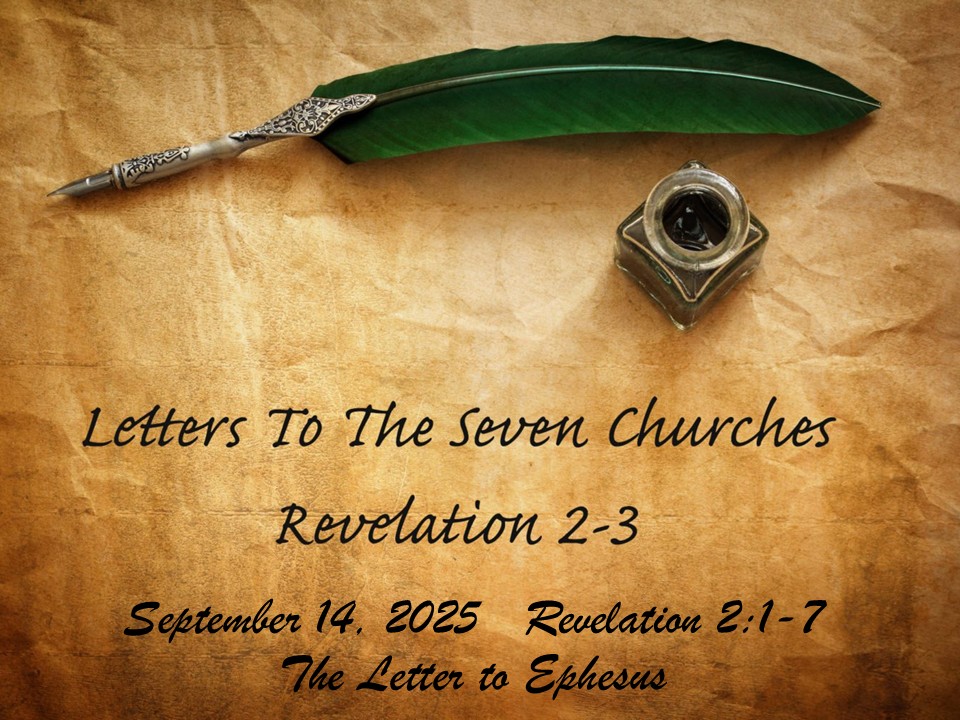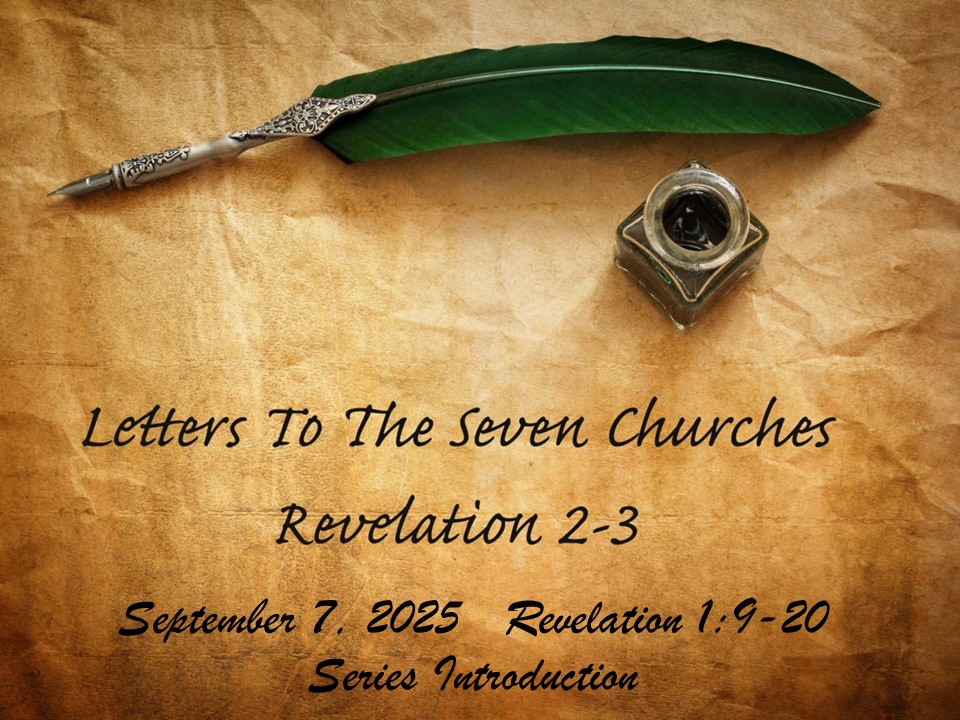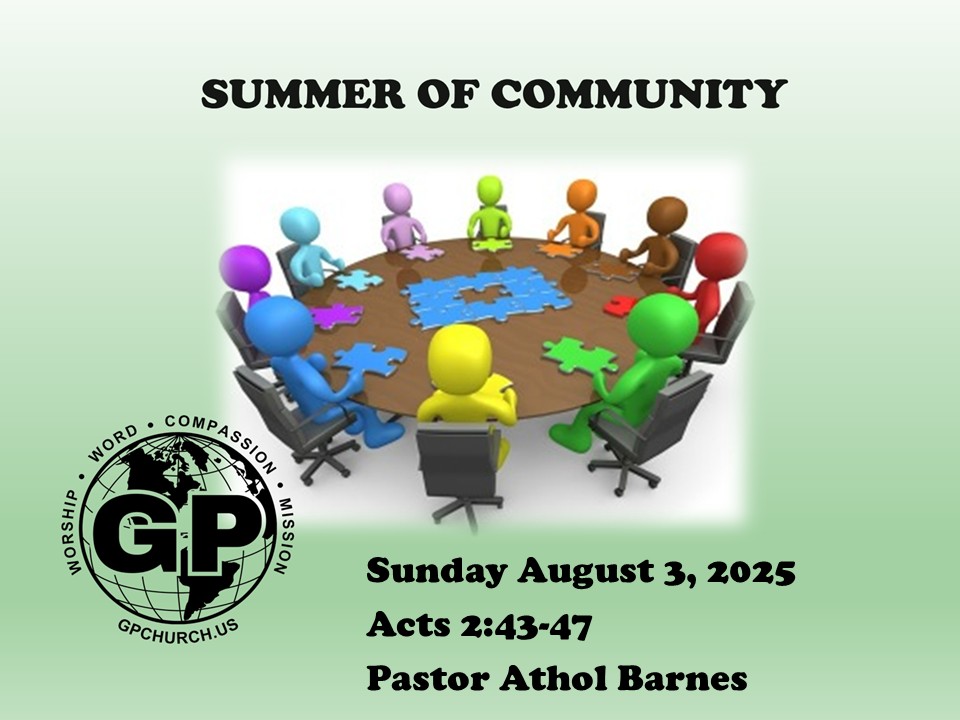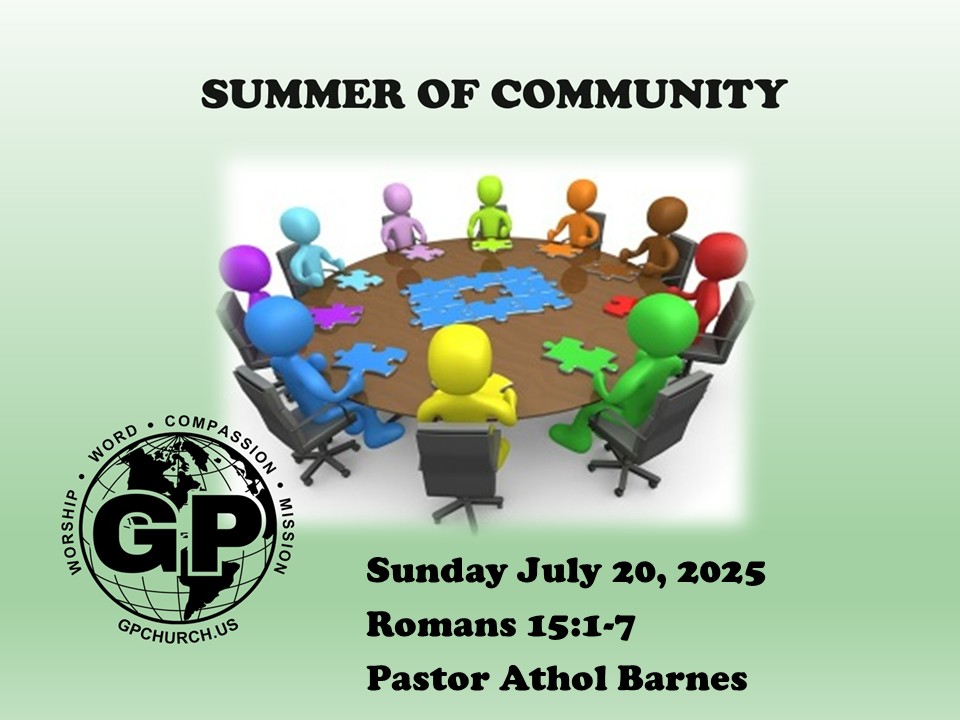
Do you really love Jesus and his church?
As we look at the first of the seven letters that Jesus wrote to the churches in Revelation 2 and 3, we will start with the letter to the church in Ephesus.
The Successful Church (v. 2, 3 and 6)
This first century church in modern day Turkey was one of the favorites of the apostles. Paul pastored this church along with Timothy and John. This congregation had a legacy of being one of the most fruitful and well-known Gentile churches.
We see that they were a church that served well, doing the work of the Lord. They probably had a calendar full of events and church activities. They were a church that sacrificed and labored even under intense persecution. In spite of the hardship, the Lord commended them on several things that they were doing well.
The Ephesian church rightly tested false apostles and refused to let them teach. This struggle is relevant for us; daily there are ample false teachers who post videos online and gain millions of followers. The only way we will be able to identify and warn against false teaching is by knowing the truth found in God’s Word.
Jesus continues to commend them in verse 6 saying, “Yet this you have: you hate the works of the Nicolaitans, which I also hate”.
The Nicolaitans were a sect of the early church who persuaded people to abuse the grace of God and promoted sexual immorality. In addition, the Greek word Nicolaitan means “to conquer people”. And it is suggested that their leaders used their authority to abuse and control the people. This, too, is relevant for us, as we have seen countless examples of leaders who abuse their authority. The root of this is pride; God opposes prideful leaders.
The church in Ephesus appeared to be doing well: their doctrine was sound; their ministry was seemingly fruitful. But something was off. Despite these commendations, Jesus had a problem with this church.
The Failing Church (v. 4)
This model church seems to have lost their “why”. They had lost their first love, the reason why they were doing all they were doing. They were busy with activity and bearing good fruit, but their passion for Jesus had gotten lost in their good works. Jesus points out the ailment and then gives a prescription.
The Prescription for the Church (v 5)
Jesus offers a three-step prescription to remedy their sickness of forgotten first love.
1. Remember: When a married couple forgets the love that drew them together at first and takes each other for granted, the marriage is in danger. Nostalgia can be effective medicine for failing love in romantic relationships, and the same is true in our relationship with Jesus. Jesus tells the church to remember – and keep on remembering! A daily reminder of the grace and love of Christ that drew us to himself is an antidote for fading passion for Jesus.
2. Repent: Jesus instructed the church to repent because they were taking the grace of God for granted. They were neglecting the love of a relationship with their Savior. Even though their external works looked good, Jesus still wanted them to repent for their internal apathy.
3. Do: Jesus called them back to the disciplines they did when they first were saved—worship, prayer, meditating on the word of God, and sharing the Gospel; all the spiritual disciplines that came so naturally when they first believed.
The Warning for Our Church
What happens when we lose our first love for Christ? We see tasks and duty in place of adoration and worship. We get burnt out, and serving the Lord becomes a drudgery.
When this happens, many people stop attending worship servicesbecause they are exhausted from doing things for God, but this is counterproductive. It is a lie from the enemy, when we think that separating ourselves from the Body of Christ is the solution for our lack of passion for the Lord.
What we need often requires discipline—pressing into the very things we are tempted to neglect. We are called to encourage one another and spur one another on (see Hebrews 10:24). 1 Corinthians 12 encourages us that we are each valuable and needed parts of the Body; we are all hampered when one piece is missing.
The Comfortable Church
There is a significant distinction between us and the church in Ephesus. The church in Ephesus was undergoing intense persecution as the Roman Empire tried to eradicate the church.
The twenty-first century Western church has it easy in comparison. We have a different problem. I believe that we are losing our first love because of a lack of persecution. It is simply too easy and convenient to be a Christian. Without sacrifice, there is no commitment (see James 1:2-4).
“It is a very remarkable thing that the church of Christ persecuted has been the church of Christ pure. The church of Christ patronized has always been the church of Christ impure.”G. Campbell Morgan
The Application of the Prescription
How are we to “do the works you did at first” (Revelation 2:5)?
These are those personal and corporate spiritual disciplines that fuel our growth in love for Jesus and his church. Out of that love will flow acts of service and ministry.
This is works based on an outflow of our love relationship with Jesus. If your first love has grown cold, you will quickly get exhausted, and you will be tempted to quit.
What we do and accomplish is secondary to us knowing Jesus and being conformed into his image.
Oswald Chambers once wrote, “The main thing about Christianity is not the work we do, but the relationship we maintain, and the atmosphere produced by that relationship. That is all God asks us to look after, and it is the one thing that is continually being assailed.”
How do we maintain a healthy heart posture?
When God created the world, he put in place a model for work and rest. One of the most overlooked of the Ten Commandments is the fourth, “Remember the Sabbath day, to keep it holy”, Exodus 20:8.
Do you set aside a day in the week to worship, rest, pray, and be thankful? It is one thing to have daily rhythms for spending time with the Lord; it is another to cease working and producing for a full twenty-four hours to be filled up in the Lord.
The Reward for the Church(V7)
The prize for getting back to our first love, putting Jesus first in our lives, is the restoration of the access to the tree of life. The paradise that was lost in Genesis 3, when Adam and Eve sinned, will be restored. Eternal life starts the moment you become a follower of Jesus, and the abundant life is available to us now (see John 10:10).
Have you abandoned your first love? What adjustments do you need to make to realign your life today?










